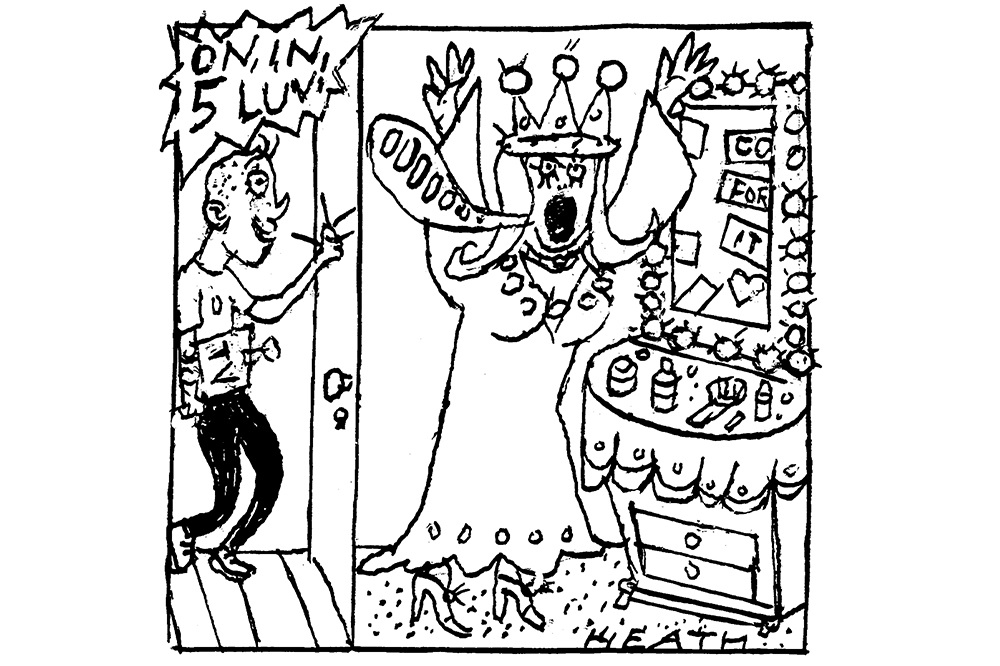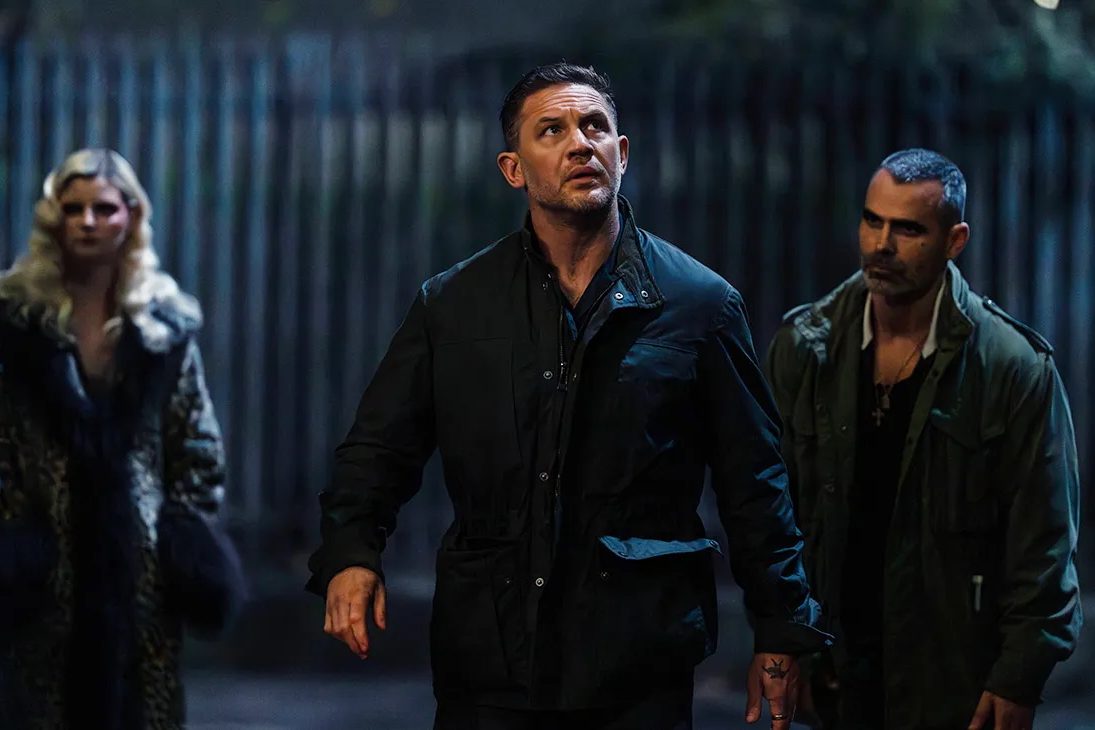In the final series of the Netflix program The Crown, Princess Diana will appear as a ghost. We are told that her apparitions will be “thoughtful and sensitive” — which is rather disappointing for anyone hoping for her to have a recurring role, like Marty Hopkirk in Randall and Hopkirk (Deceased), perhaps wearing that white dress she wore to the British Fashion Awards. Yet this has not stopped the “friends of the King” from saying that the program has lost all the credibility it had in its earlier years. It is true that, in the first series, The Crown was more like Shakespeare than soap opera, with actors trained at the Royal Shakespeare Company delivering grand speeches about the nature of monarchy. But what could be more Shakespearean than a ghost?
It depends, of course, on what the poor ghost shall unfold. When Shakespeare wrote Hamlet, it was generally understood that ghosts appeared “for the instructing and terrifying of the lyving” — Ludwig Lavater put it in his 1569 treatise De Spectris. According to Lavater, it is also “an horrible and heinous offense, if a man give no succor to such as seek it at his hands, especially if it be the soul of his parents, brethren or sisters.”
And this is what Shakespeare’s ghosts do: they seek the succor of revenge for foul and most unnatural murder. In The Lion King — a far more Shakespearean epic than The Crown could ever be — Mufasa’s spirit tells Simba to take up his destiny (which is just Disney for avenge his foul and unnatural murder).
But this is not, apparently, what Princess Diana’s ghost will do. She is, says Netflix’s advance publicity, going to tell her husband that he looked handsome in the hospital, and the Queen to be more comfortable with her emotions. She is there to give succor to the living — as if the spirit realm were a supernatural counseling service, passing on platitudes about loving yourself and #selfcare. This is more like those scenes in Channel 4’s satirical series The Windsors, in which a parade of British character actors show up as the ghosts of kings and queens of England’s past.
This is, perhaps, a more realistic portrayal of ghosts than Hamlet’s father. Crisis apparitions — the ghosts of people who have recently departed, appearing to those they have loved — are one of the most common forms of spectral manifestation; they may not, of course, even be paranormal at all. A friend of mine is a medium and has many stories of hearing from the other side — and all her ghosts ever want to do is convince the living that they have nothing to reproach themselves for. Or maybe those are the only ones where her clients accept the message as completely authentic (which are, naturally, the only ones she has stories about).
It does seem like a waste, though. I have always felt that if you are going to go supernatural, you should really commit to it. (I was very disappointed when the police procedural Whitechapel hinted that the devil lived in E1 and was canceled before this was confirmed.) I would like to see the ghost of Princess Diana haunting the palace, demanding vengeance against drunk drivers, and causing each particular hair to stand on end like quills upon the fretful porcupine.
This article was originally published in The Spectator’s UK magazine. Subscribe to the World edition here.


























Leave a Reply